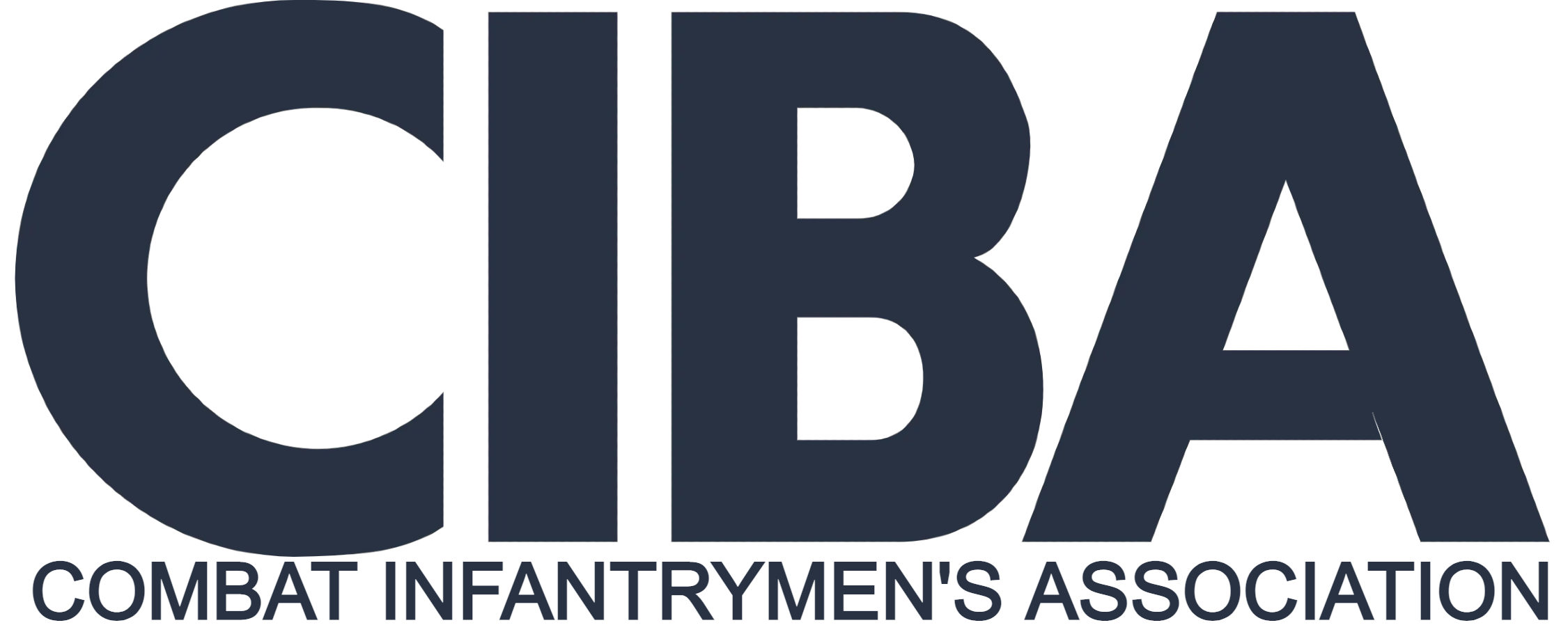After the U.S. Army canceled plans for a new armed scout helicopter, Sikorsky is laying off as many as 400 employees in Connecticut, primarily in its engineering and digital technology ranks who would have developed the chopper.
Sikorsky confirmed the layoffs on Tuesday to CT Insider, with a spokesperson not providing a specific number of workers impacted, but that it equated to less than 1 percent of parent Lockheed Martin’s workforce, which numbered 122,000 people entering this year. One source familiar with the company’s plans said the cuts would affect about 350 jobs in Stratford and another 50 elsewhere in Connecticut.
“We intend to retain as many roles as possible to meet national security commitments and preserve the U.S. rotary wing industrial base,” Sikorsky stated in an email forwarded Tuesday by a spokesperson.
In addition to Connecticut, where the manufacturer has its headquarters plant in Stratford, layoffs would extend to Sikorsky facilities in other states.
“It has been well documented that there is high demand for engineering and tech talent in our state right now, so it is our expectation these workers will be quickly and easily absorbed into our manufacturing ecosystem,” Julia Bergman, spokesperson for Gov. Ned Lamont said Tuesday evening, noting the governor spoke with Sikorsky’s CEO Monday. “The state, through the departments of economic development and labor, is working with Sikorsky and other partners to help those impacted including proactively connecting workers with new job opportunities in-state.
“While this news is unfortunate, the company remains committed to Connecticut and will continue to be an important contributor to the state’s manufacturing and defense sector,” Bergman continued “The administration has spoken with senior Army officials who have expressed continued and increased support for the Black Hawk program.”
Sikorsky had been vying with Bell Textron for the Future Armed Reconnaissance Aircraft program, offering its Raider X design. The Army elected to table the new program, with the rapid improvement in drone capabilities and satellite imaging to scan specific locales to gather intelligence and assess threats.
Two years ago, Bell beat out Sikorsky with a new, tilt-rotor aircraft that will take on some of the missions performed today by the Sikorsky Black Hawk and other helicopters. In canceling the newer scout helicopter program, the Army committed to another set of Black Hawk purchases over five years beginning in 2027.
“This deeply sad news should also be a call to action— to aid the workers and communities most directly impacted, but also to enhance investment in our defense workforce,” U.S. Sen. Richard Blumenthal said in a statement. ” Sikorsky’s engineers are among the best in the world and my office stands ready to do whatever we can to help all the workers who are affected by this deeply disappointing decision.”
Sikorsky continues to market Black Hawk helicopters to foreign militaries, and is also building a new fleet of cargo helicopters for the U.S. Marine Corps.
In recent years Sikorsky has maintained a Connecticut workforce numbering between 7,500 and 8,000 people at varying points. Lockheed Martin announced about 800 job cuts in early 2023 in the rotary and mission systems division that includes Sikorsky, without specifying a local impact.
“Last time they were able to find 30 percent of the people other employment within the company,” state Rep. Joe Gresko, D- Stratford, referencing the prior Sikorsky layoff. “They’re going to be deploying that again this time around.”
Textron announced a round of 725 job cuts last November at Bell and another division that makes a range of specialized vehicles, ranging from golf carts and snowmobiles to airport tractors used to roll planes from gates.
___
(c)2024 The Middletown Press, Conn.
Visit The Middletown Press, Conn. at www.middletownpress.com
Distributed by Tribune Content Agency, LLC.
Story Continues
© Copyright 2024 The Middletown Press, Conn.. All rights reserved. This material may not be published, broadcast, rewritten or redistributed.
Please rate this CIBA article
Vote






